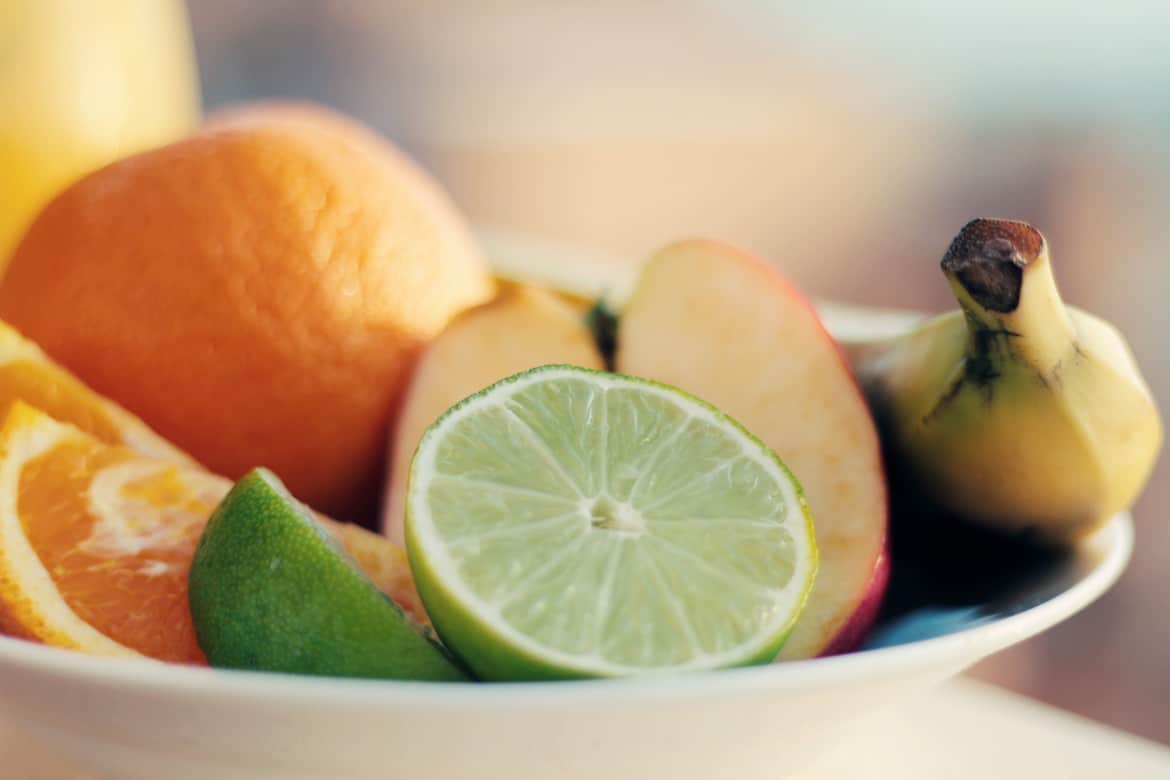Juicing seems to be all the rage these days. It’s benefits for nutrition, energy and increasing your intake of plant food is undisputed.
When you juice vegetables, you’re giving your body a super hit of dense nutritional value, and for many of us, the extra vitamins and minerals are truly necessary as our diets are sorely lacking in fruits and vegetables.
Conversely, if you’re already on a balanced diet to begin with, your body probably doesn’t require all of the vitamins and minerals concentrated in that cup of juice. However, can juicing actually be bad for you?
As the old saying goes, it is possible to get too much of a good thing, and this is where juicing can become problematic. Everything in moderation and the same is true for juices made from fruit juice.
Juicing and Weight Gain
When we juice vegetable and fruit, we’re concentrating all of the nutrients and minerals into one super liquid. This is all well and good, but did you know that you’re concentrating huge doses of natural fructose sugars in those fruit juices as well?
If it takes 6 apples just to make one glass full of apple juice, can you imagine just how much fructose sugar is concentrated into that one glass? Would you normally eat 6 apples in one sitting? That’s what you’re doing when you drink one glass of apple juice.
Now consider that you juice fruit regularly and your drink it several times per day, you can begin to understand how much concentrated natural sugar you’re asking your body to digest in one hit.
This is especially problematic for those suffering from diabetes or those who are obese and diagnosed with pre-diabetes. That single sugar hit can skyrocket your blood sugars and send your system into shock.
However, even if you’re not diabetic, those extra fructose sugars even from just one glass of juice can quickly lead to weight gain and obesity. A high fructose hit is different to a glucose hit because it is only metabolized in the liver. Fructose is differed from other types of sugar because it has a different metabolic pathway, and is not used for energy and is not a preferred energy source by the body as other sugars are.
Fructose is also lipogenic, so any excess amounts of it in the body will be converted to fat. Unlike glucose, it does not cause insulin or leptin production, which is key in regulating energy intake and expenditure, making this type of sugar act more like a fat than other sugars that act like carbohydrates.
For example, if you consume 120 calories of fructose, 40 calories of that is stored as fat. If you were to consume the same amount of glucose, less than one calorie becomes fat. If you juice fruit regularly, over time your body may become insulin resistant, which could lead to diabetes. At the very least, these super fructose hits will be expanding your waistline very quickly due to the storage of extra fats, and the speed with which the body can absorb liquids.
The other primary issue is that when you juice, you’re actually destroying most of the insoluble fiber content in the juicing process. After all, fiber is not microscopic in size. It’s a roughage that helps our digestive system move along foods steadily. Once it’s sliced and diced into tiny pieces, the fiber content is also significantly less, and so your body is not gaining the benefit of fiber that prevents a sudden rush of sugar to the blood stream.
Fructose is also stored in the fiber content, so once you destroy the fiber, you are releasing high levels of fructose that are more easily and quickly absorbed by your body, leading to a fructose surge that the body has to manage.

